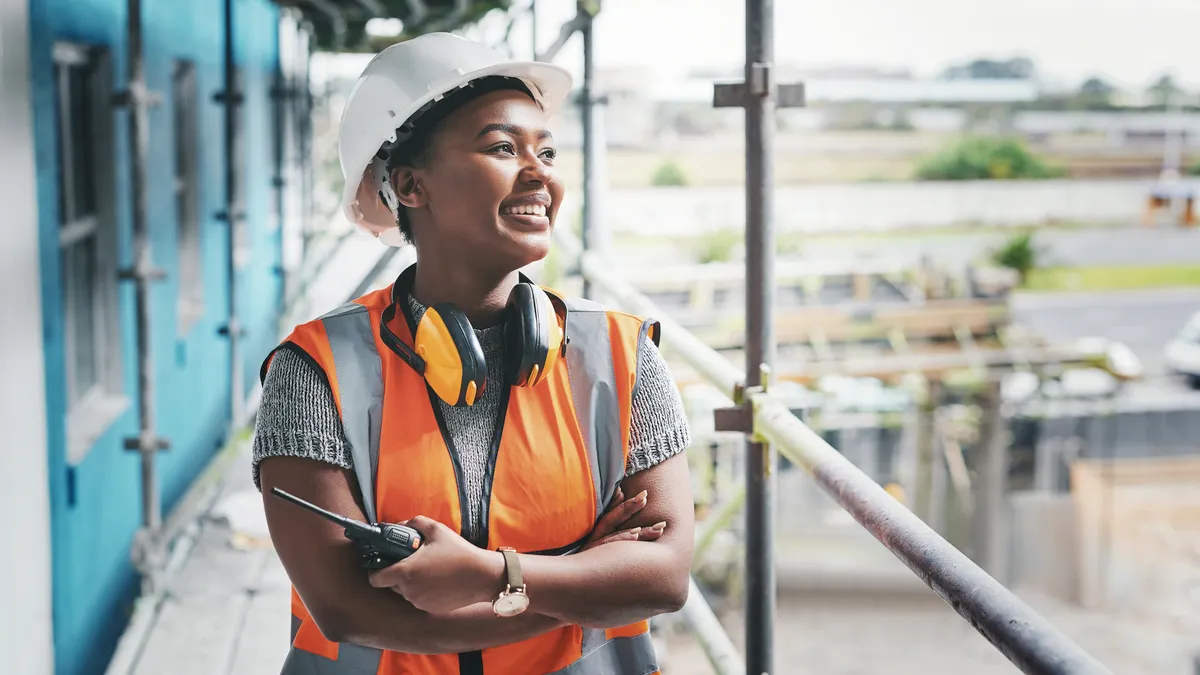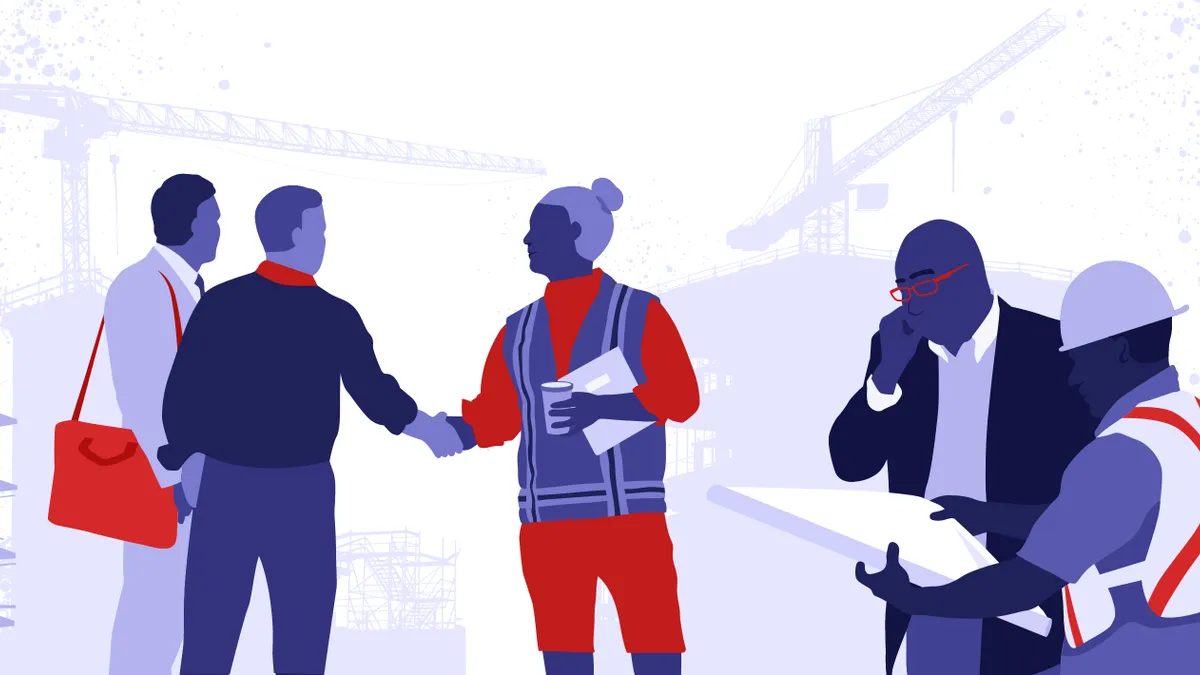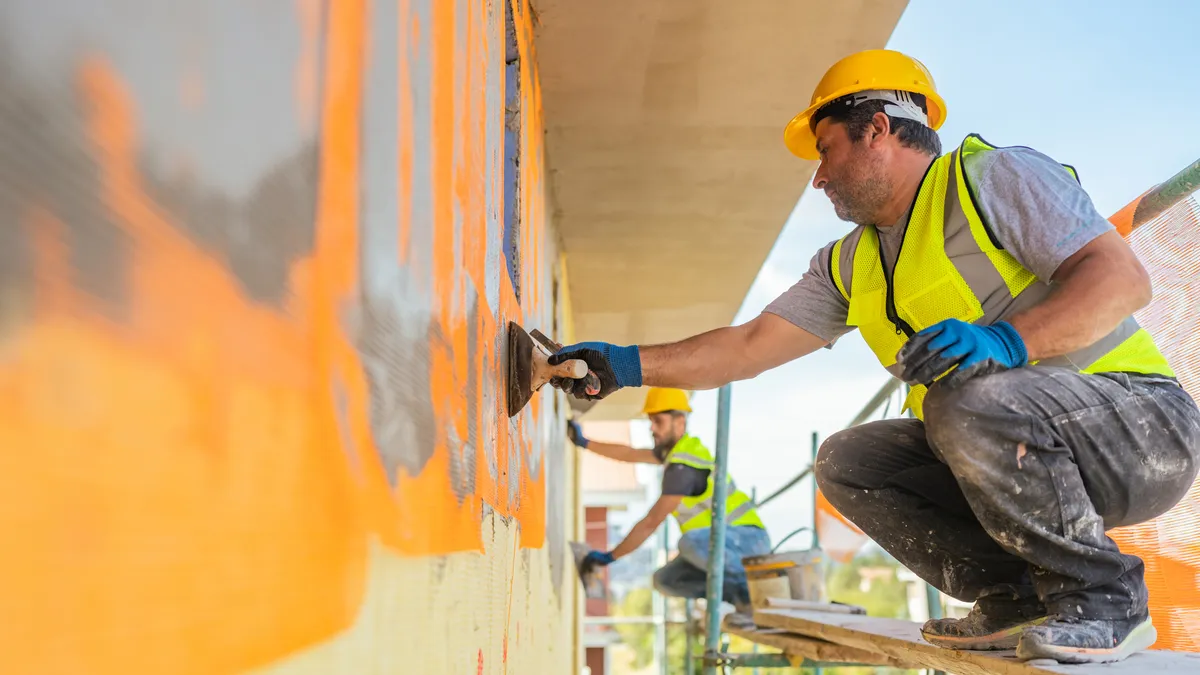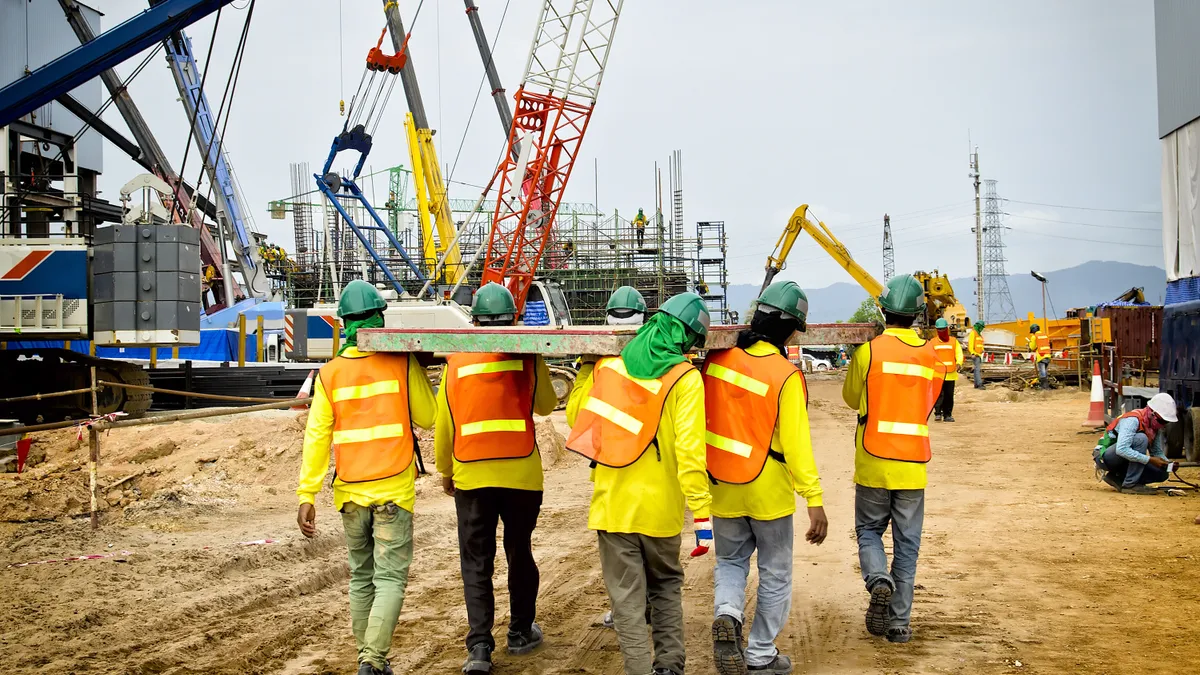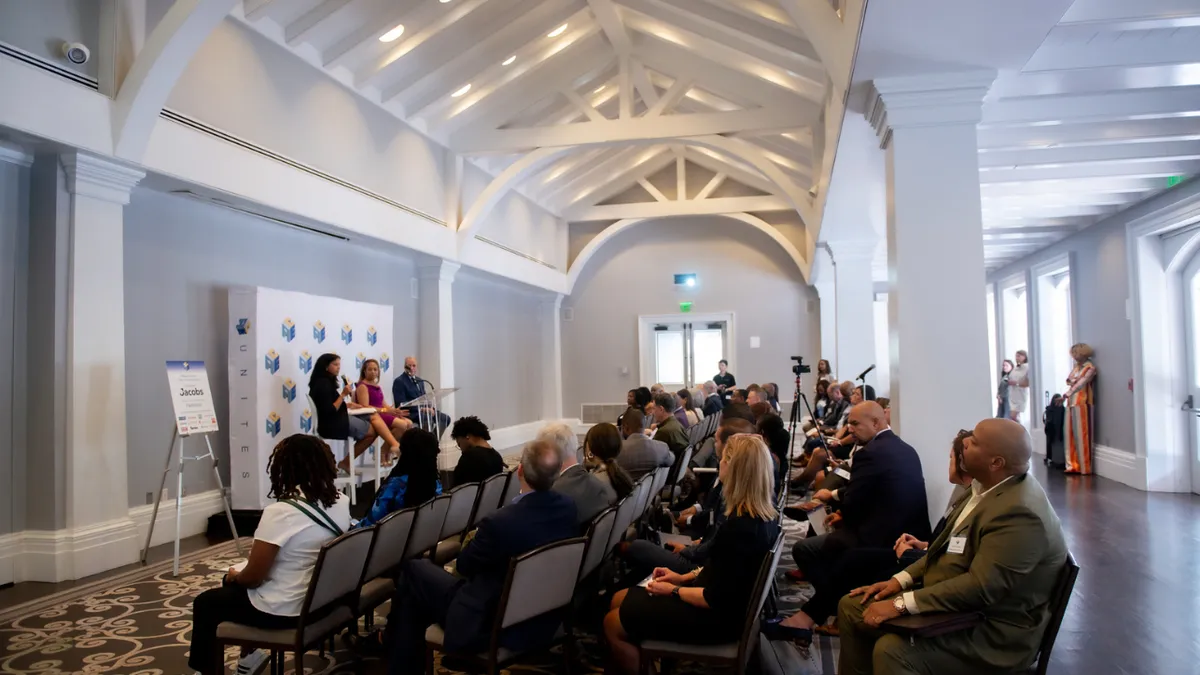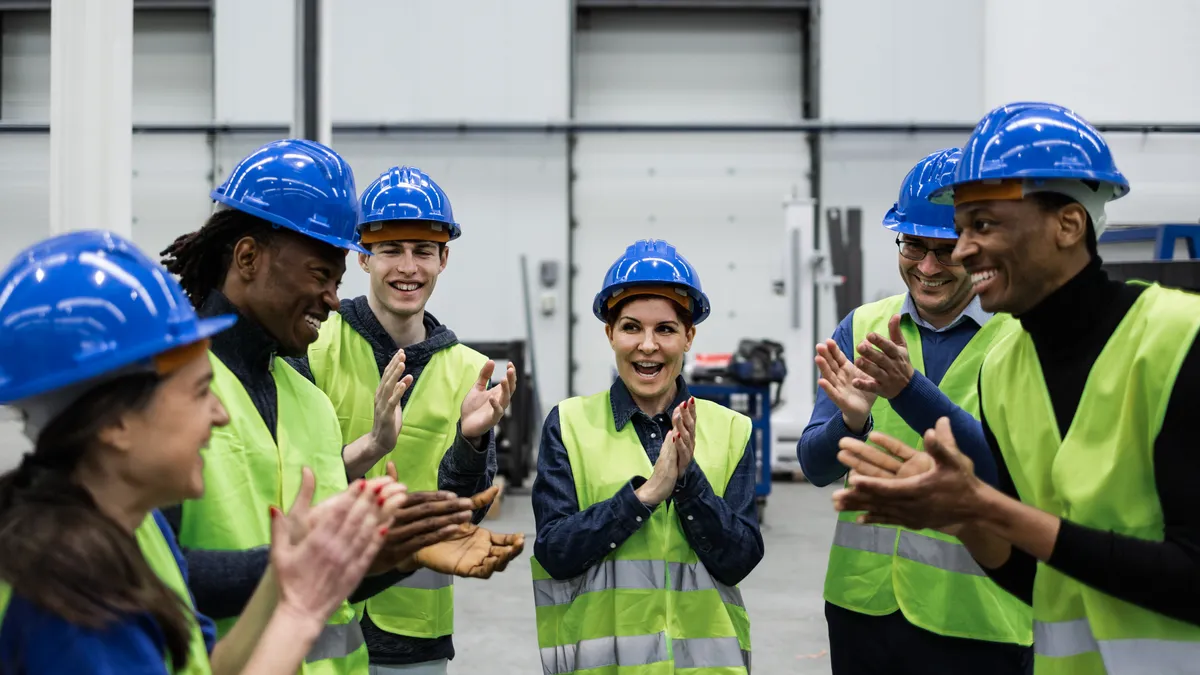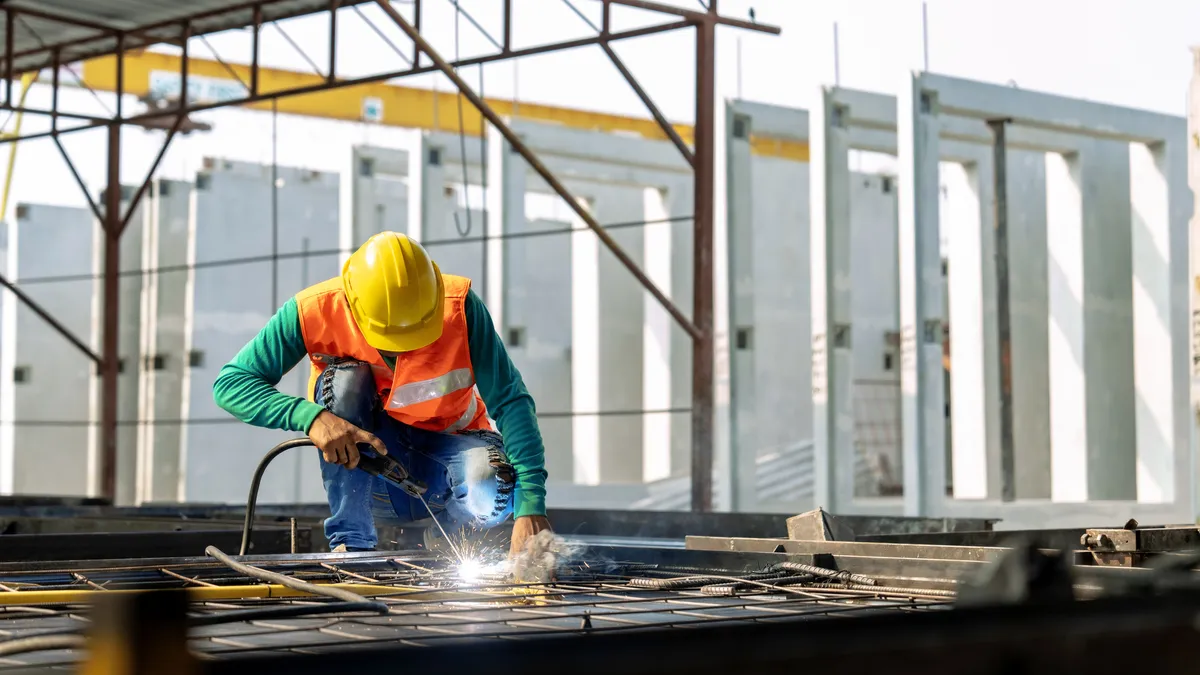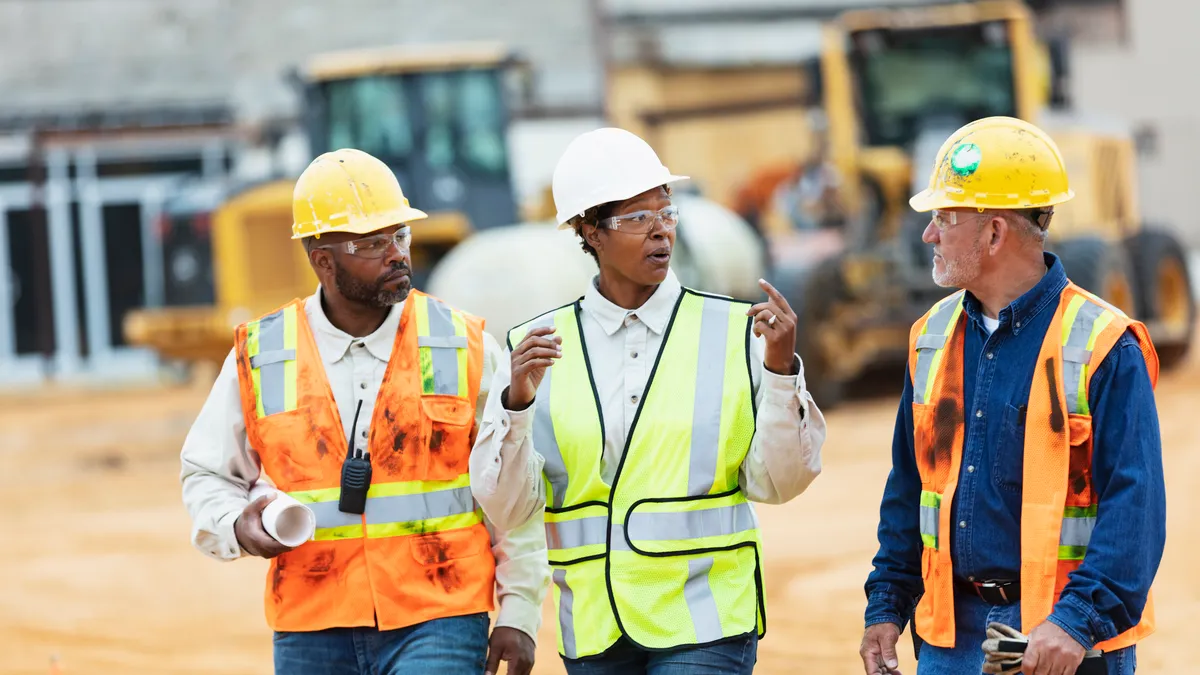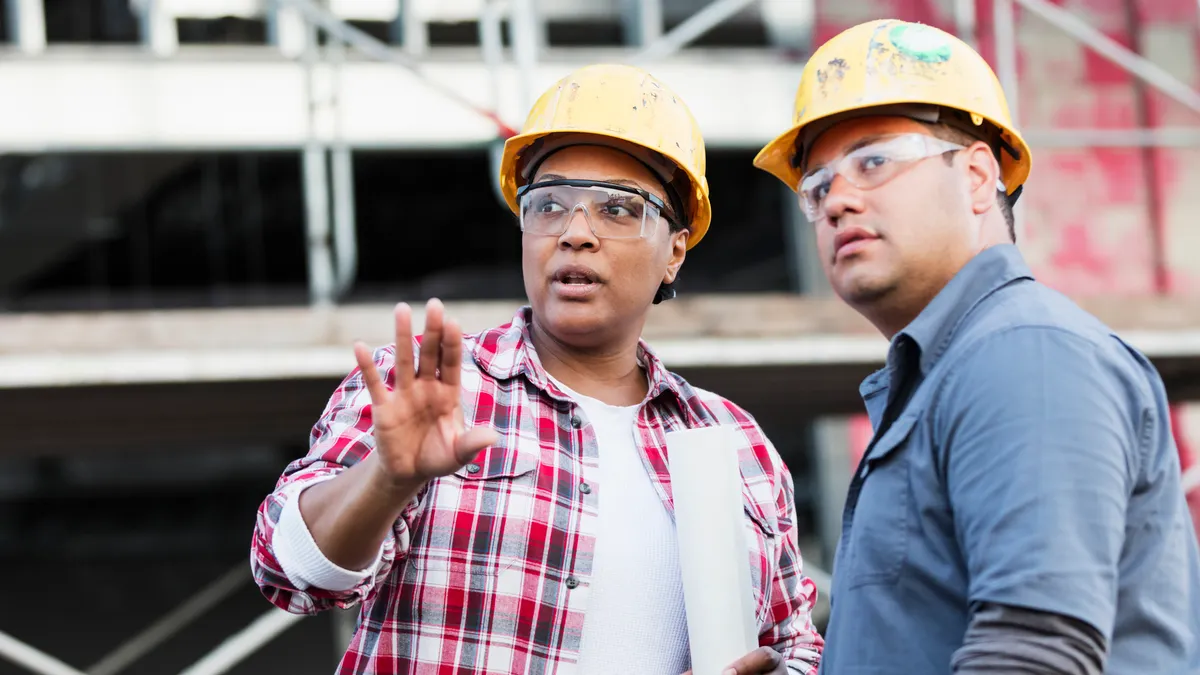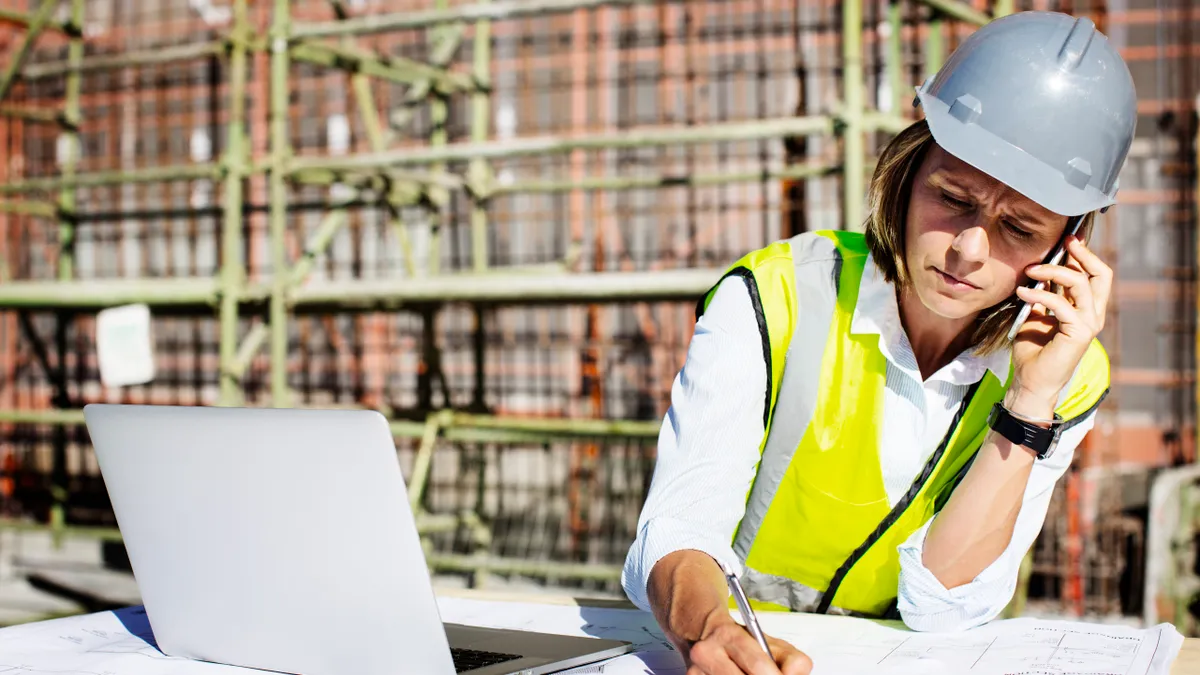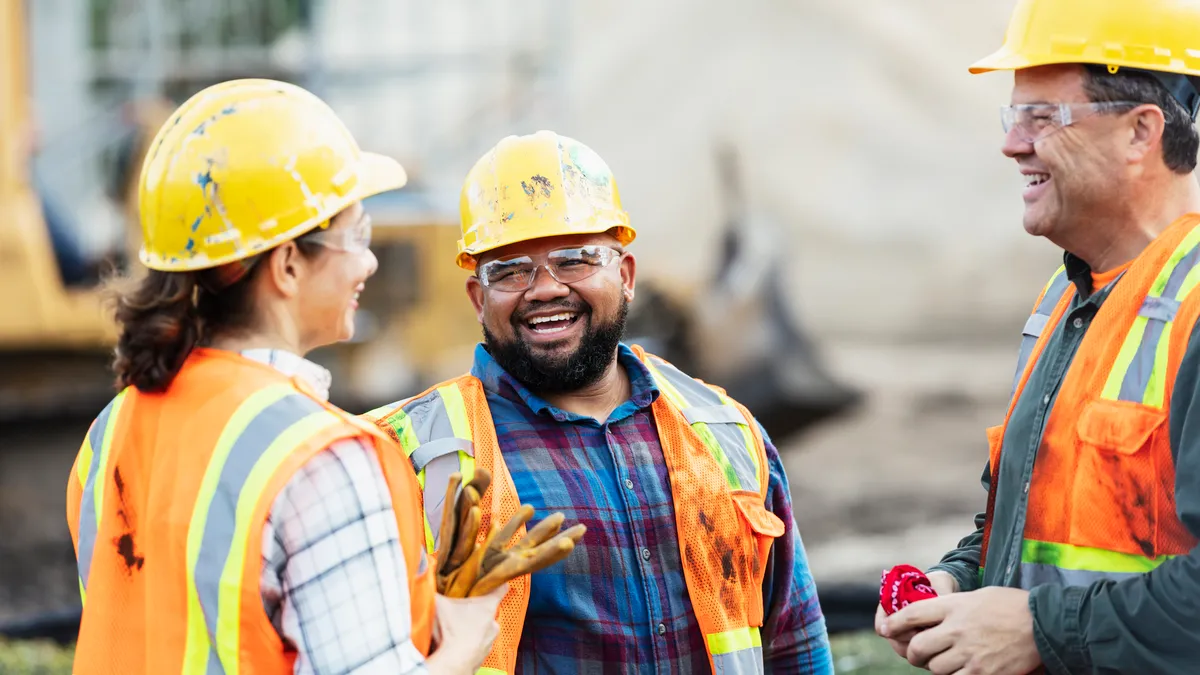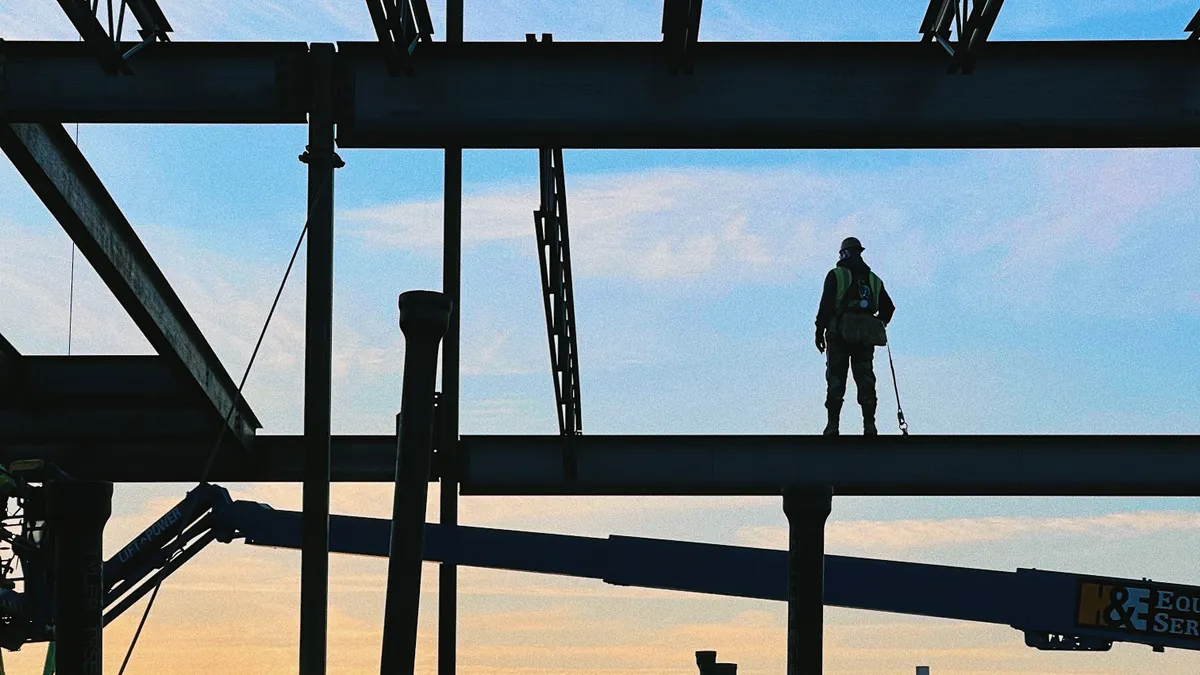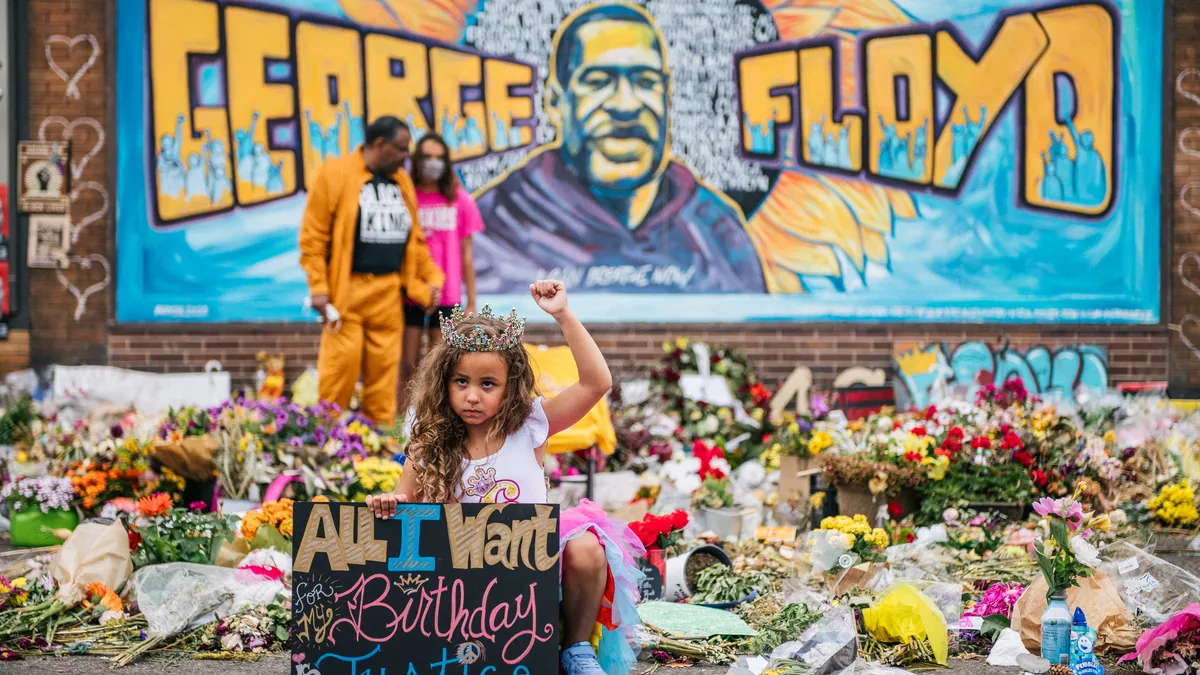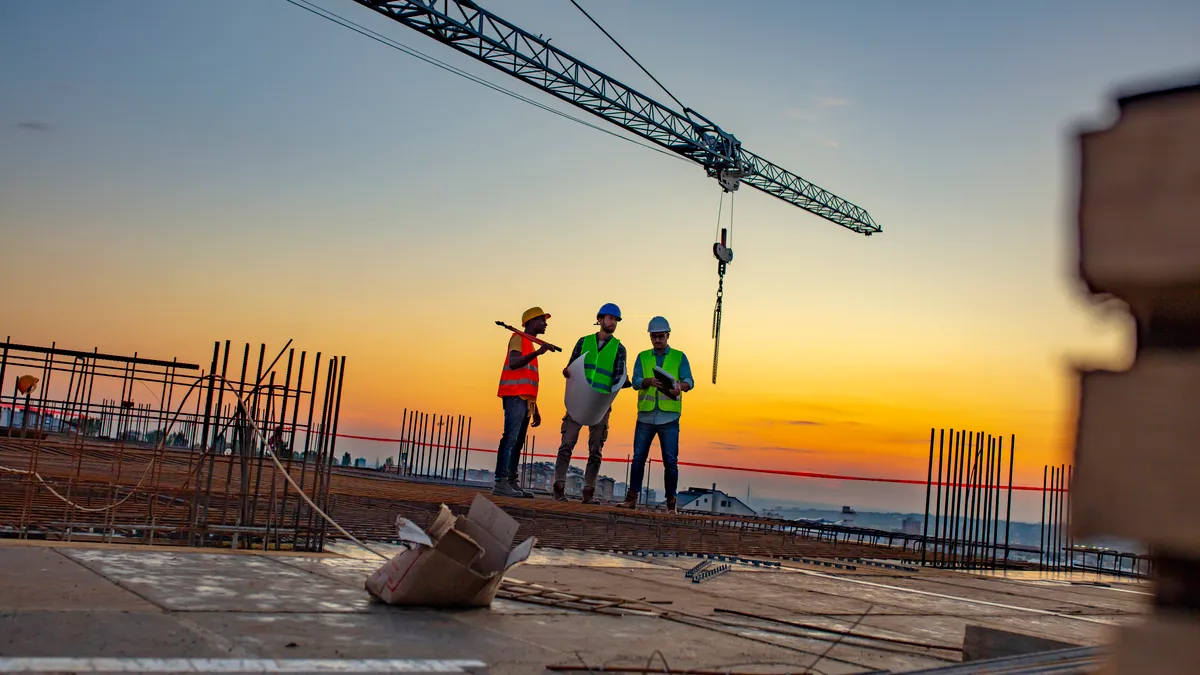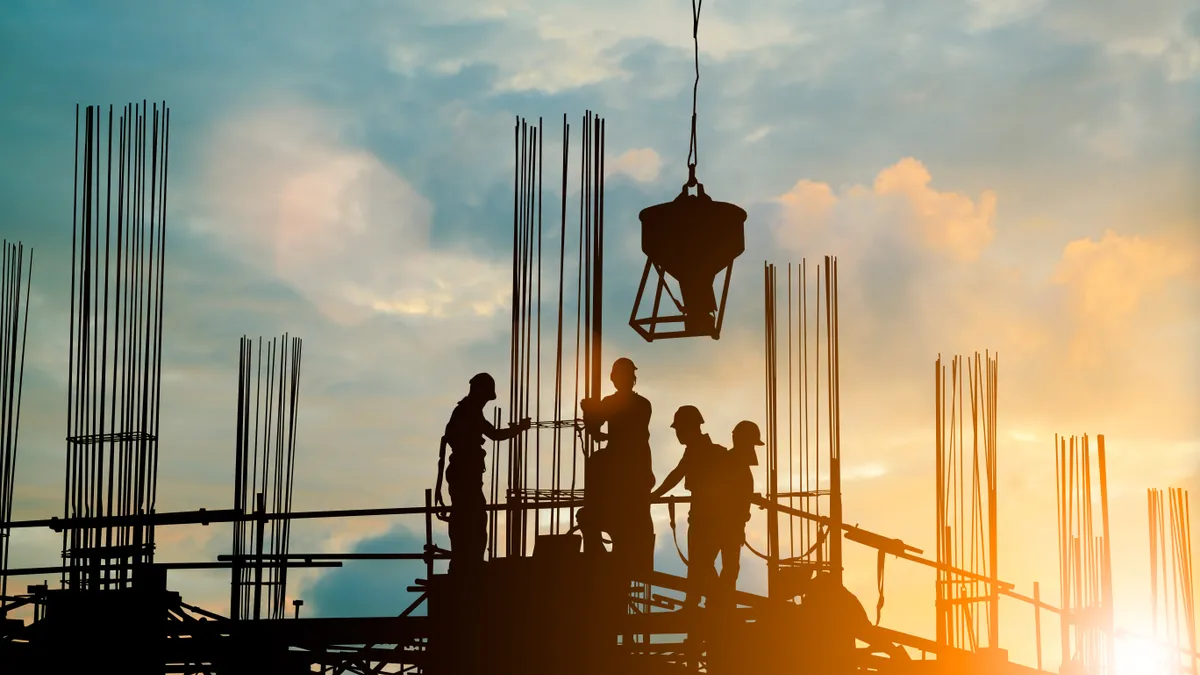Mary Kelly is CEO and president of StrataTech Education Group, a Phoenix-based company focused on the acquisition, growth and development of skilled trade schools.
Opinions are the author’s own.
Last month at our skilled trade schools in Houston; Phoenix; Tulsa, Oklahoma; and Jacksonville, Florida, we celebrated National Tradesmen Day, rallying our staff and students across the country to celebrate. We celebrated a day dedicated to recognizing what they’re working so hard toward: a profession that society relies on, that is literally what this country is built upon.
Amid this celebration, though, I couldn’t help but recognize that while we included all our students, the namesake day doesn’t.
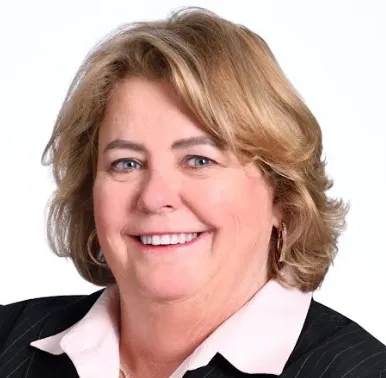
Inclusion is a priority for all our schools because we believe that everyone has potential. Unfortunately, not everyone sees themselves in National Tradesmen Day because not everyone in skilled trades identifies as male. My pronouns are she/her/hers and as someone with 25 years of experience in the skilled trades industry, it’s time for my pronouns — and so many others — to be included.
The skilled trades industry has seen many positive changes in the last few years. Roles such as welders became essential during the pandemic, and an important evolution is taking place: The skilled trades industry is no longer composed primarily of men. Talented and hard-working women and non-gender-conforming individuals continue to take on key roles as welders and HVAC technicians, for example.
Women make up less than 10% of the country’s skilled trades workforce, while there is a critical labor shortage leaving approximately 2.4 million trade positions unfilled by 2028. Additionally, the skilled trades wage gap is much smaller than in corporate America; in trades, women earn 95.7% of what men earn in the industry, a much higher percentage than women in other fields. The opportunity for diversity in skilled trades has never been greater.
The good news is that we’re seeing strong, foundational movement toward that diversity. At StrataTech, we work with women everyday who are building the foundation for generations of skilled tradeswomen to come. Our graduate Celia Reyes currently works for a company that develops smart combustion solutions that minimize carbon emissions. Brenda Hay, who decided to pursue a career in welding after studying law, is a welding training authorized inspector.
The skilled trades industry is at an inflection point: growing, in demand, and top of mind as the new infrastructure bill will bring forth around 2 million jobs per year over the course of the next decade — in addition to the already forecasted 2.4 million skilled trade positions unfilled by 2028. There is a need, there is a gap and there is a vital population at the ready to address it.
As we celebrate Construction Inclusion Week, let’s also call for more inclusive language to represent all those great people. We can start by using terms like trades professional instead of tradesman.
We can keep the momentum going by being inclusive, both in action and word.


